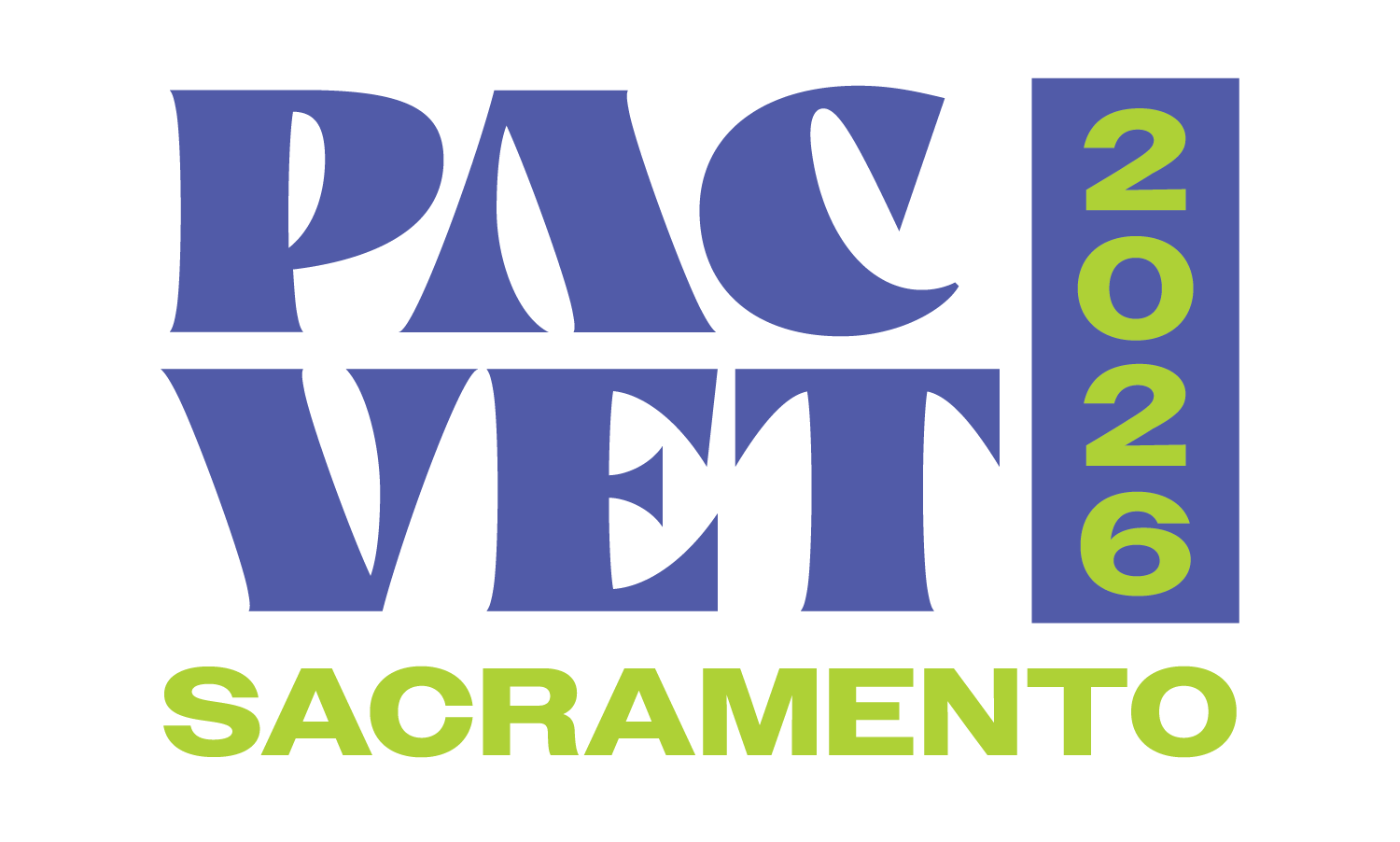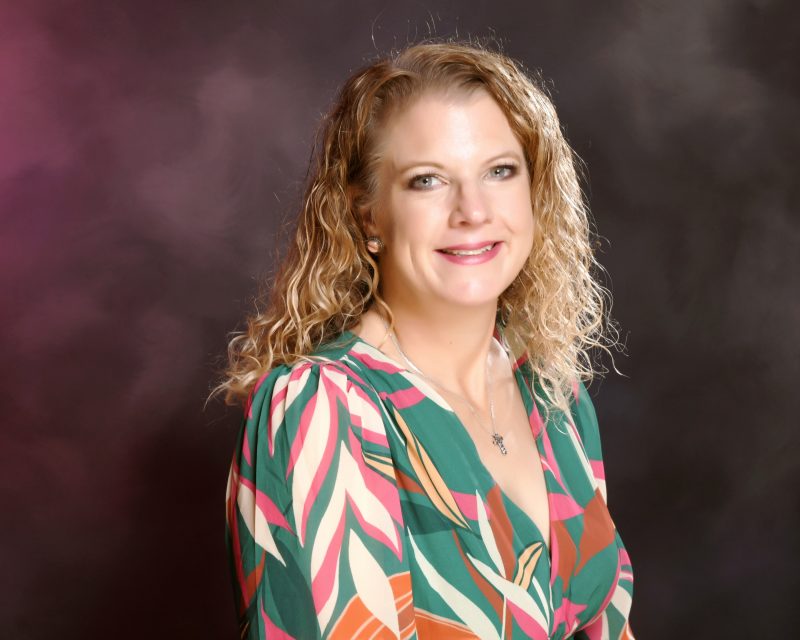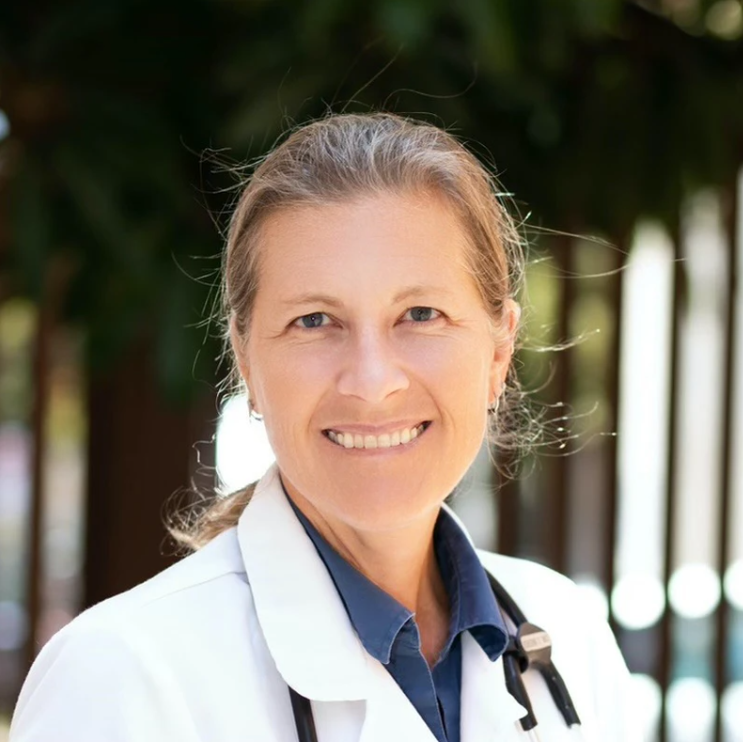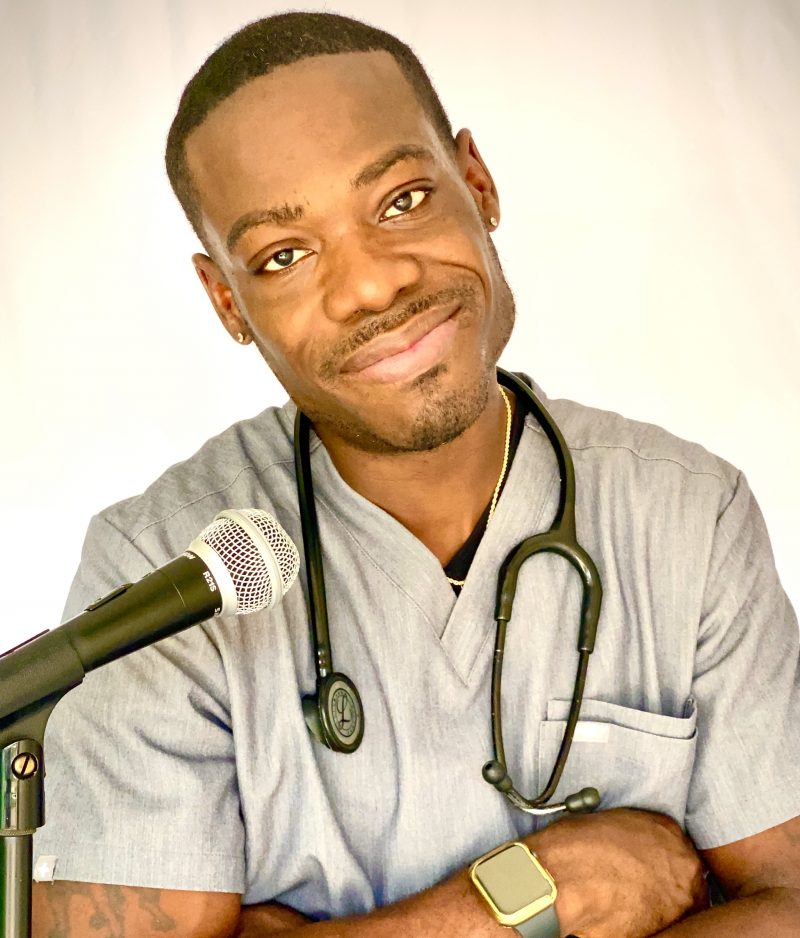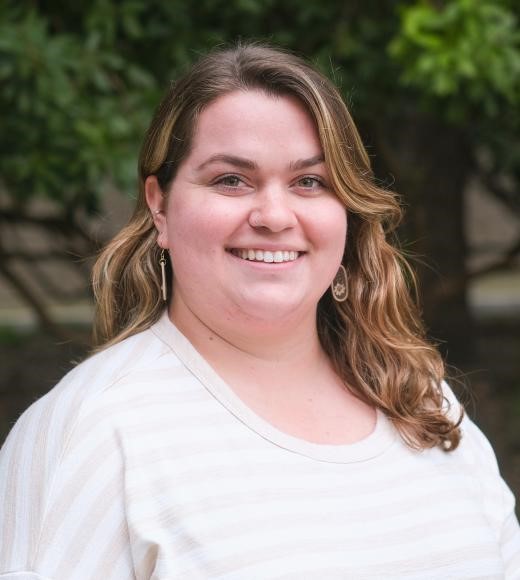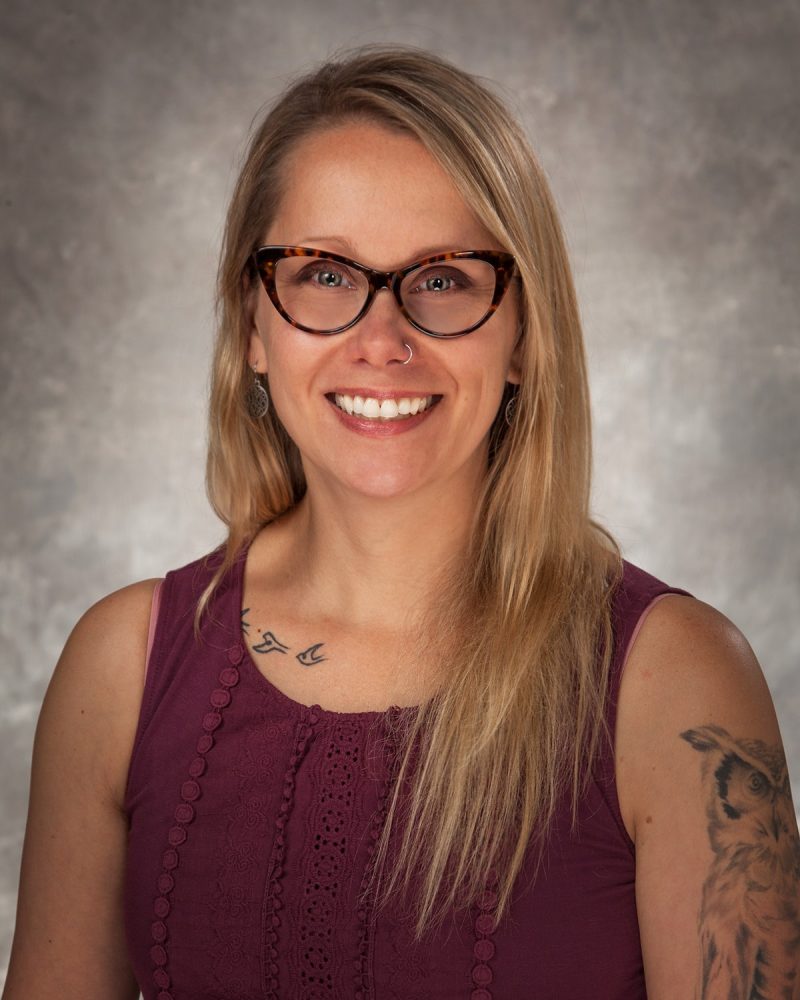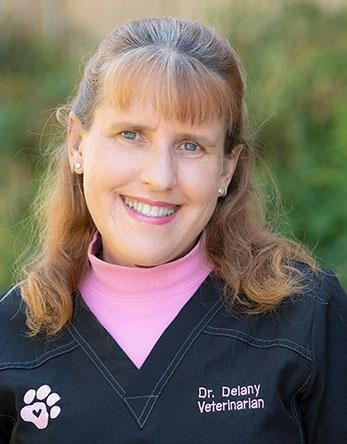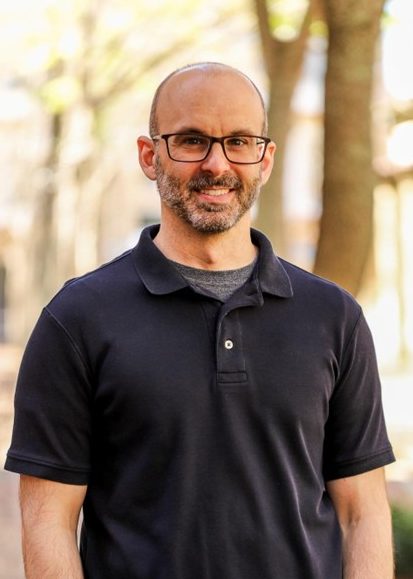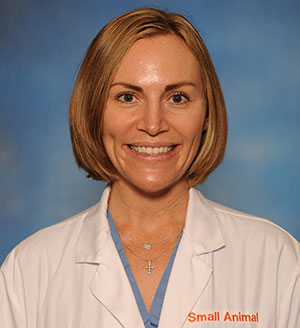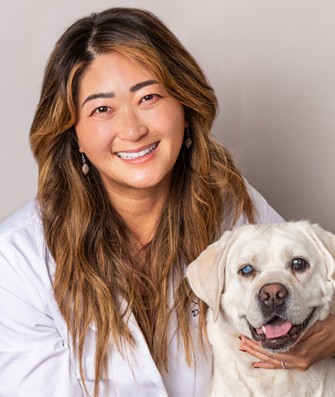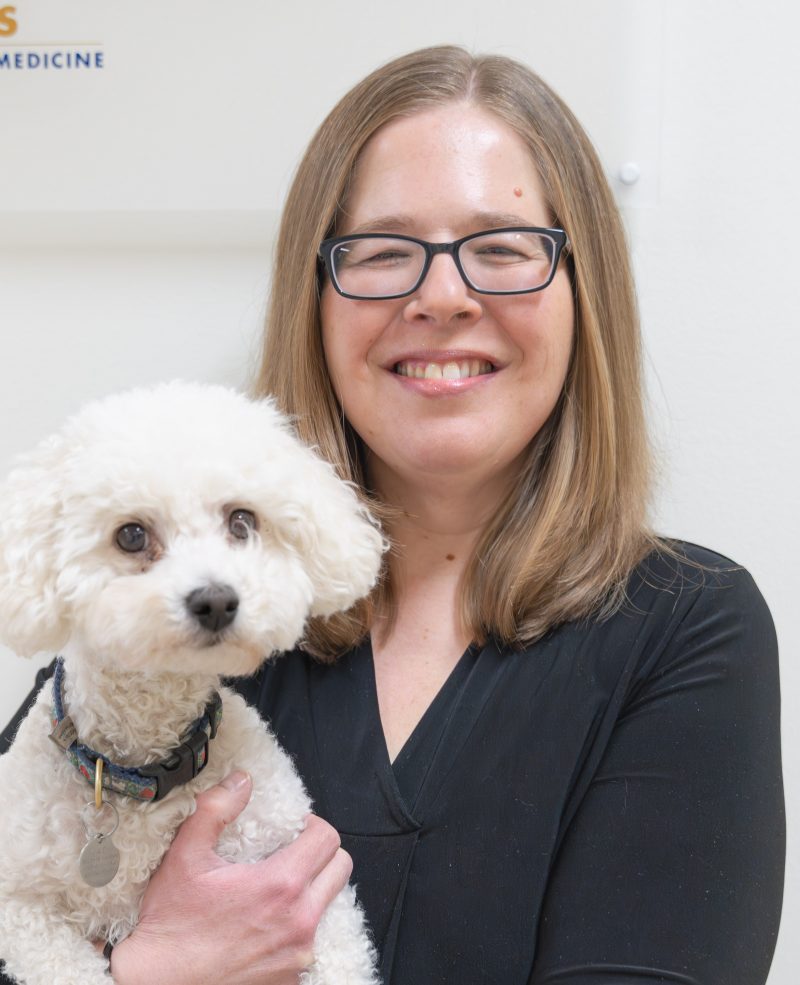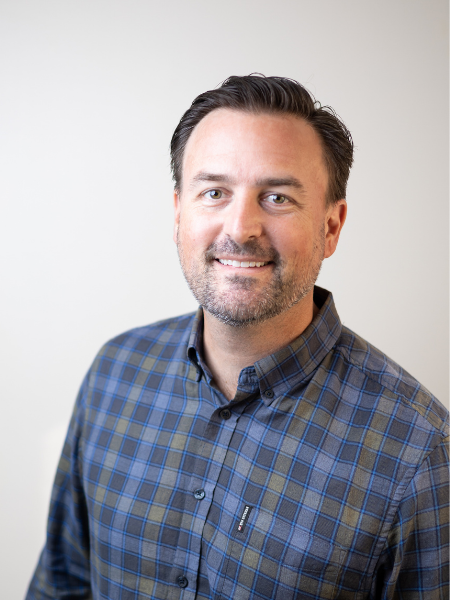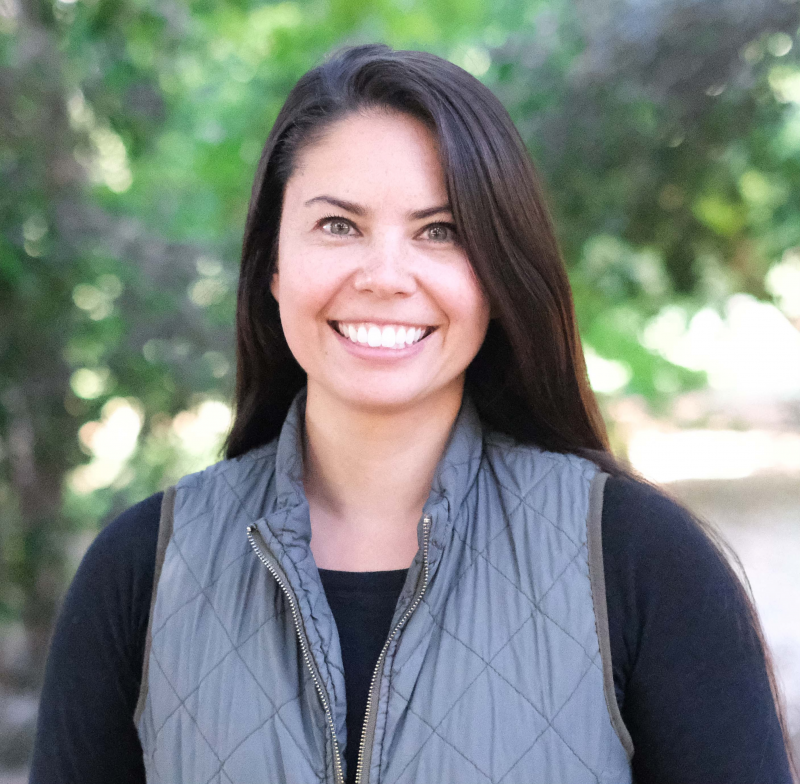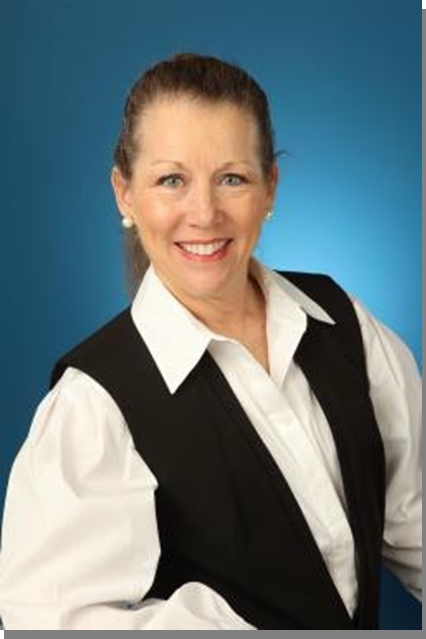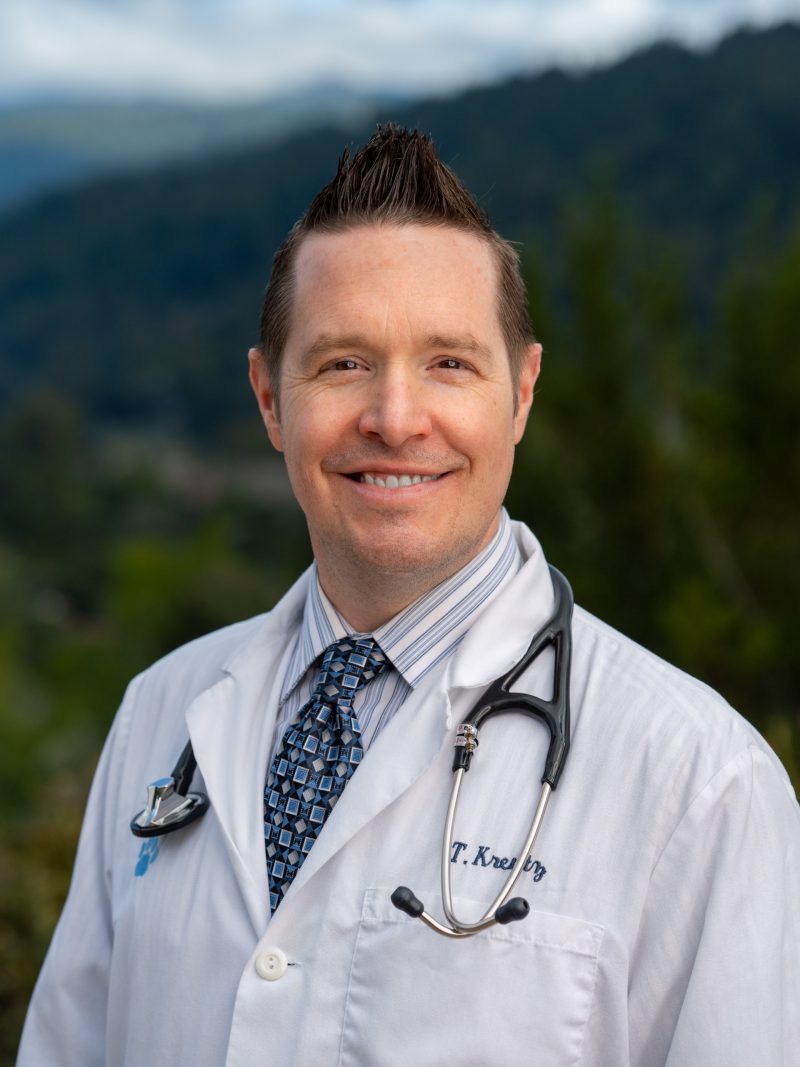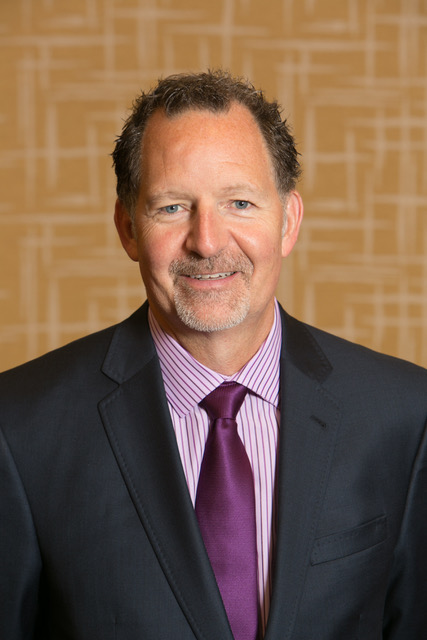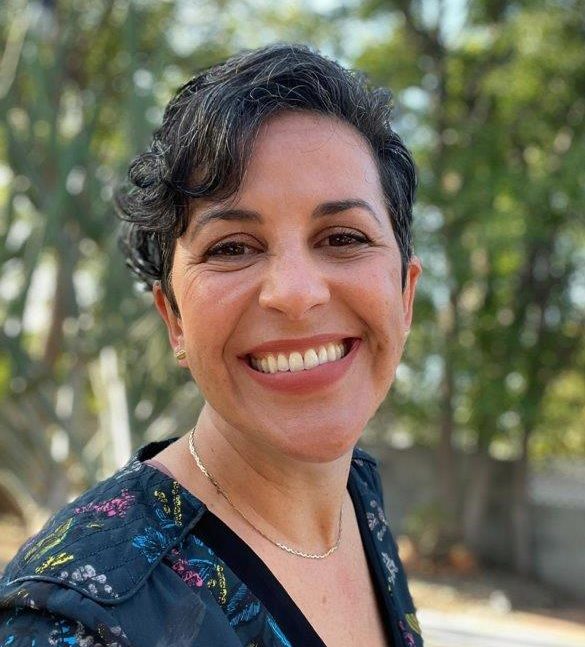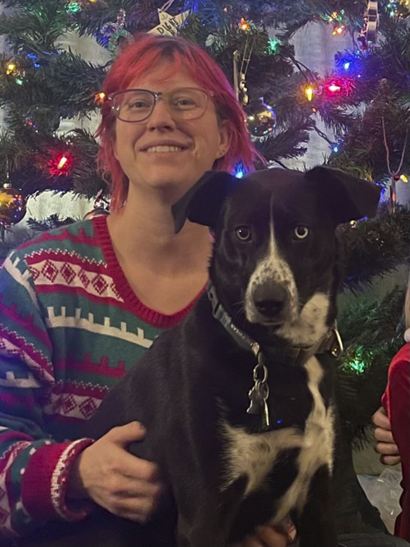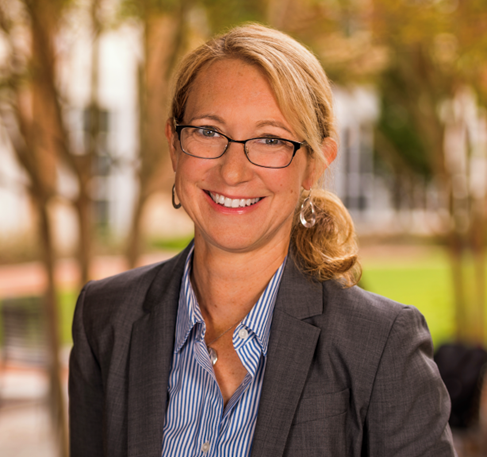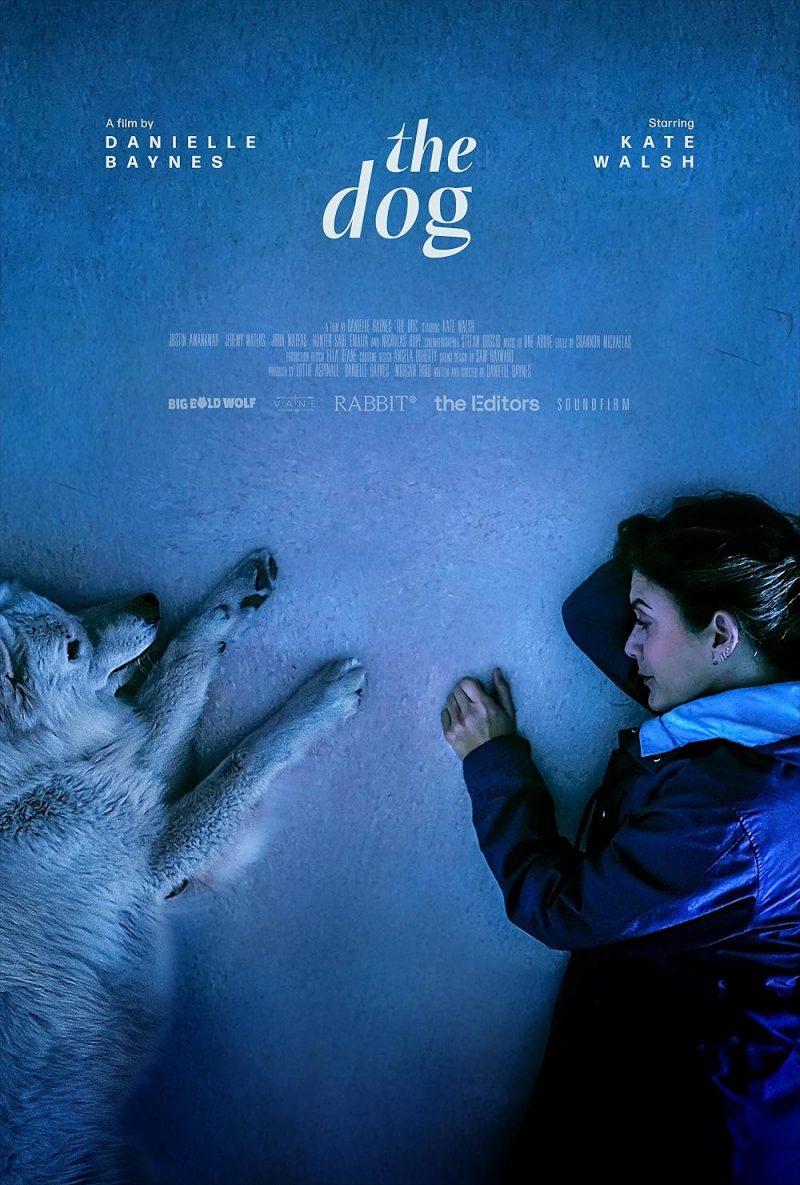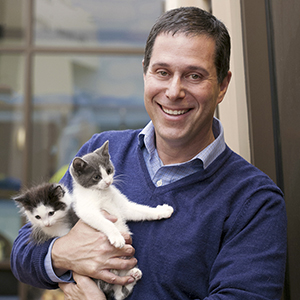| 8:00 AM-9:15 AM |
Antimicrobial Resistance as a Global One Health Issue: What Role Do You Play?‡
Antimicrobial resistance (AMR) is recognized as a global health crisis that requires interdisciplinary action across human, animal, plant, and environmental health. Veterinarians are in a key position to contribute to this action. This session will provide an overview of global One Health AMR epidemiology, and how clinicians can think globally and act locally to address this continual threat.
‡This course satisfies the one hour of California CE requirement on the judicious use of medically important antimicrobial drugs. |
| 9:25 AM-10:25 AM |
Antimicrobial Resistance in Wildlife: An Emerging Understanding‡
Antimicrobial resistance (AMR) is a health issue across humans, animals, and the environment. An emerging body of knowledge suggests wildlife populations play a key role connecting these domains as reservoirs, spreaders, and indicators of AMR. Focusing on the United States, we will discuss clinically important bug-drug combinations identified at elevated levels in wildlife, how this AMR spreads, and what risks may be posed to domestic animals and humans.
‡This course satisfies the one hour of California CE requirement on the judicious use of medically important antimicrobial drugs.
|
| 11:00 AM-12:00 PM |
How Does Disease Spillover Occur, and What Can Veterinarians Do?
The spillover of zoonotic pathogens into humans is an increasingly relevant health issue at the human-animal-environment interface. This session will review general dynamics and relevant historical examples of spillover. We will also elaborate on what settings emergence is most likely to occur, what clinicians should know, and what various groups are doing to detect, prevent, and prepare for disease emergence events. |
| 1:30 PM-2:30 PM |
Working in One Health: Alternative Careers and What You Bring to the Table
Veterinarians have critical skills needed in “One Health” workforces that allow them to explore a greater diversity of career paths. We will go over common career opportunities in One Health, including work in and out of the clinic. Also discussed will be common veterinary roles in different levels of government, academia, NGOs, intergovernmental organizations, as well as personal initiatives that veterinarians can take to advance One Health. |
| 2:40 PM-3:40 PM |
Creating a Global Inventory of Veterinary Schools: Implications for Socioeconomic and Workforce Development
Animal health systems are becoming increasingly important worldwide. To help connect and better serve the training pipelines underlying these systems, an ad hoc team has assembled the first near-exhaustive global listing of veterinary schools in over half a century. We will discuss the findings from this list and its implications for emerging and ongoing needs of the veterinary workforces in both high and low-resource settings.
|
| 4:15 PM-5:15 PM |
A Review of Common Foodborne Zoonoses
Foodborne diseases are a common concern in both human and animal health, which share pathogens like Campylobacter spp., Escherichia coli, and Salmonella spp., and many others. This session will review common bacterial, viral, and parasitic foodborne zoonoses. Focusing on the United States, we will also discuss their pathobiologic and epidemiologic characteristics across humans and non-human animals, and effective steps to prevent and treat them. |
![]()
